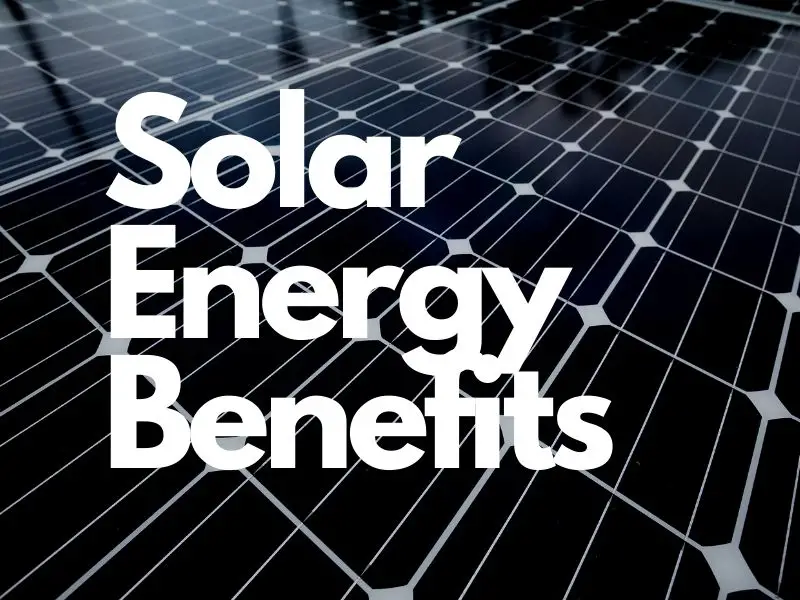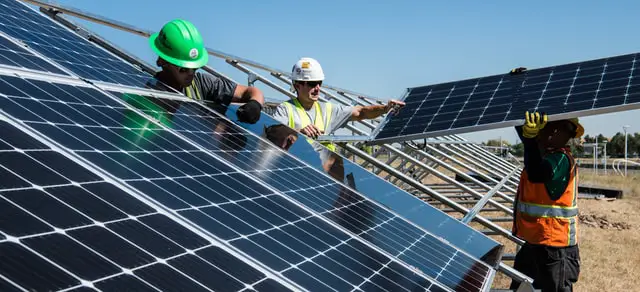
What Is Solar Power Backup and How to Choose the Best One for Your Home?
Have you ever thought about the benefits of solar energy storage? Millions of real estate investors in the US are invested in going green via recycling, water conservation, adopting solar for their residences, and so on.
With a good solar energy backup system, many of these householders enjoy, at least, a 30% reduction in their electricity bills. To get the most out of solar one needs to do their due diligence and understand the solar panel batteries on the market. In this post, we explore the solar energy backups and which of them is ideal for a residential solar panel installation.
What Is Solar Energy Storage?
The upside to solar battery storage is that you can store surplus energy during the day for later use. This will significantly lower the electricity bill by over 30%. It is a must-have for anyone who wishes to optimize their power supply and make their home or office more efficient.
How Does Solar Storage Work?
The radiation from the sun is obtained and converted to solar power for home use. Usually, the created energy is more than the total consumption. A good storage device helps you avoid wasting by storing the excess for later use.
When the system cannot generate power, the current saved up in the storage device can generate power. You can also make some money from your system when there is a lot of sunlight, and your storage is fully charged. You can channel the surplus back to the grid and get paid via SEG.
Can You Go “off-Grid” with A Solar Power Backup?
Yes, it’s possible. However, before you reap the benefits of using solar storage., you need to do your due diligence in understanding how it works. The system generates power during the day and stores any excess in the device when the sun is out.
That way, you have constant access to electricity without relying on the National grid. Going off-grid reduces your carbon footprint and your bill.
You can contact Innovate Solar to help build reliable solar energy for your house. The company can help you find companies within your region and is verified to sell, install, and distribute solar devices.
Lithium-ion
Lithium ion is quite common in the electric automobile and solar industries because of its unique voltage range and response to charging. They are great for delivering ancillary services to the grid, and you can get 5000 cycles from it within ten years.
Pros
- Allows intermittent charging
- High power storage capacity and output
- Durable
- Stands high temperature
- Lightweight and quick charge
Cons
- Reduced performance in cold temperature
- Expensive
- May be risky
Nickel-cadmium
This device is not very common, but it is a good option when there are no better options. Its major benefit is its durability and ability to function in harsh weather.
Pros
- High durability
- Not affected b adverse temperatures
- Maintenance-free
- Simple management system
Cons
- Prone to memory effect
- Can be toxic
Flow
Although relatively new, this cell is gaining much traction because of its outstanding benefits. It is made of two separate chambers containing electrolyte liquids. The bigger the chambers, the greater the capacity. It offers 6000 cycles and a 30-year lifespan.
Pros
- 100% depth discharge
- Intermittent charging
- Unlimited storage capacity depending on the size of the tank
- Fire retardant
Cons
- Expensive
- Noisy
- Bulky

Image Rights
5 Tips to Choose the Right Solar Panel Backup Storage for Your House
Here are five secrets to choosing the best energy storage for your house.
- Go for cells that carry a longer lifespan
- Stick to a favorable ambient working temperature
- Only buy a residential solar power device from a reliable brand with extended guarantees.
- Quality storage devices cost about $5000 at least. Anything less than that may be substandard.
- Ensure the capacity of the cell can run your house
In conclusion
You can get the best out of installing the storage cell and solar panels if you invest in maintaining the system as often as possible. Rotating your power banks, charging them as often as possible, and equalization is one thing you can do to ensure the durability of your storage device.
